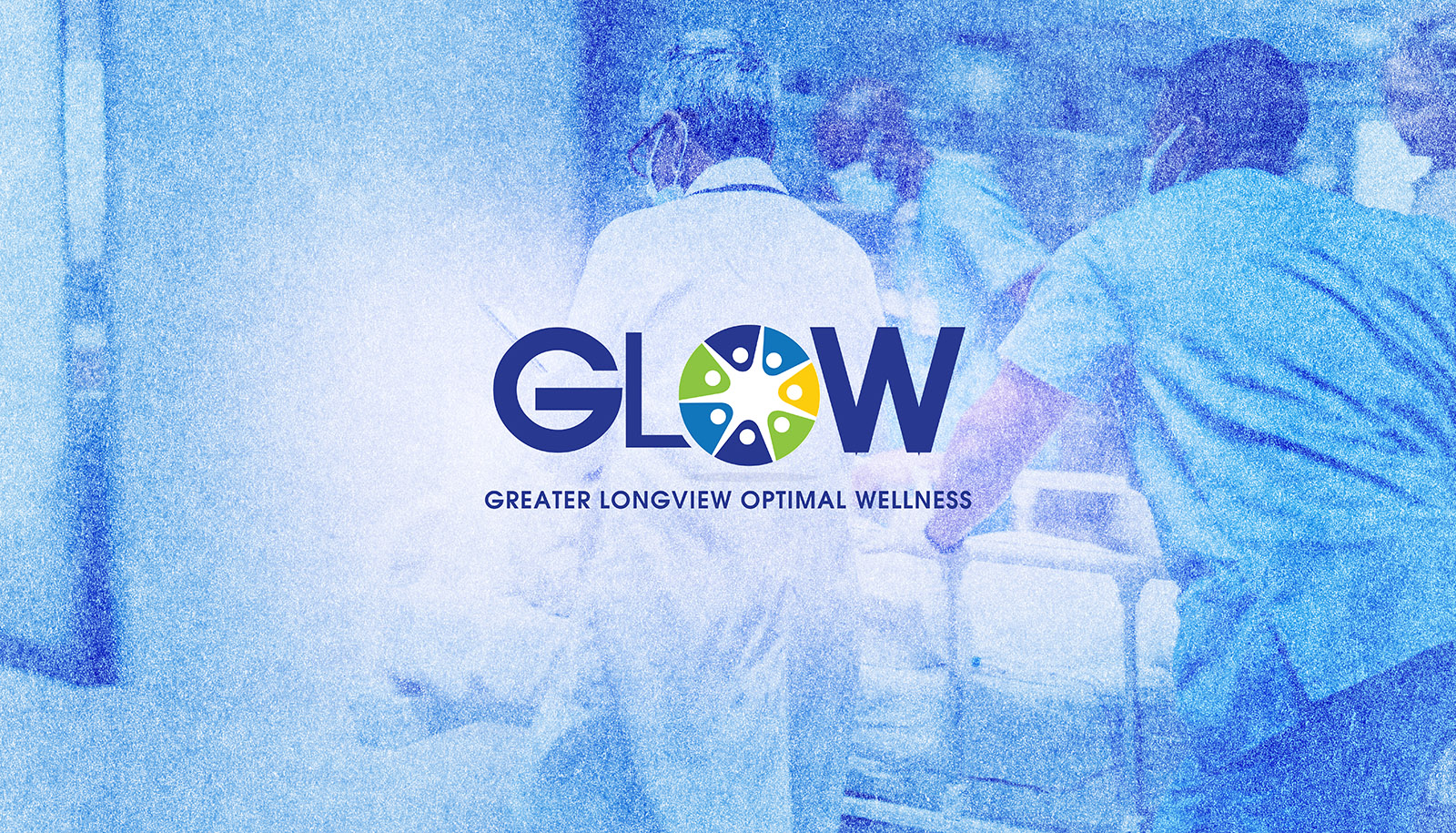
In 2021 and 2022, Aetna and Episcopal Health Foundation (EHF) collaborated to learn more about food security, centering on the everyday challenges people face while trying to meet their food needs. Departing from conventional methods, this partnership embraced a solution-oriented perspective. This Digging Deeper post is part of a blog series exploring this journey from different viewpoints.
As a relatively new philanthropy voice in Texas, the leadership at EHF has made a commitment to invest in timely and relevant research to inform and shape health policies and programs. As the leader of the research division, I seldom rely on just one research approach or one data source to tell our story. Instead, I often elevate the importance of mixed methods or “triangulation” in our data and research strategies.
Over the past decade, we have invested in a variety of approaches, including public opinion polls, economic modeling analysis, environmental scans, focus group research, mapping analysis, implementation evaluations, case control evaluations and actuarial studies, to offer credible data to inform health policy and community health initiative discussions, including health coverage expansion, rural hospital closure, economic impact of health disparities, community health collaborative, community health center capacity. These projects, in varying degrees, have informed and shaped policy and programmatic discussions.
… the perspectives of “community members” and “patients” are often overlooked or ignored in many policy and programmatic discussions.
However, as we continue to confront many intractable public health and community health challenges, we see that the perspectives of “community members” and “patients” are often overlooked or ignored in many policy and programmatic discussions. Community-driven research is not a new practice and has been popularized in many community-based participatory research studies. Though, within community driven research, we have learned about Positive Deviance (PD) through Dr. Arvind Singhal, a professor at The University of Texas at UT El Paso and a renowned PD researcher.
I was first exposed to PD by the Rural and Community Health Institute at Texas A&M University, which used this approach when selecting which hospitals to study when examining the rural hospital closure crisis. Their report, entitled Bright Spots: Case Studies in Rural Innovative Health Care, reflects the talented work of professional researchers, yet fails to capture the experience of administrators, patients, or community members who reside in these communities. As a result, there is limited utility as an example of the power of the PD approach.
My second interaction with the PD approach came about when our colleague from Aetna Better Health approached us for a funding collaboration opportunity to better understand food security. In this project, I learned a great deal from Dr. Singhal, who challenged me to unlearn what I learned during graduate school about the role of “normal distribution,” “effect size,” and “generalization” to better appreciate the value of PD.
When I first heard about it, I thought it was very provocative and remained skeptical. It is challenging to not follow research rules and knowledge I have practiced for my professional career. While I do not think I have become a card-carrying PD advocate, I better understand its value, as well as the rigor and critical thinking skills needed to carry out this approach. Most importantly, I appreciate the importance of relying on community members to decide when a certain PD behavior is uncommon. In Dr. Singhal’s own words, researchers from the “outside”, despite their rigor and best intentions, are usually not the best people to determine that.
In the two PD or PD-like efforts that EHF and Aetna have supported, we have gained insights into food security challenges in two Texas communities. Though these studies are by no means perfect in applying PD, they elevate the informative role of voices and perspectives of community organizations and families.
EHF’s journey in learning about and mastering the art and science of PD research is certainly not complete. Nor do we want to endorse one single research approach or paradigm in our research strategies. We would like to carry our sense of humility, adaptive learning, and respect for community voices in PD as well as other research approaches.
More from Digging Deeper

The Promises of Community Paramedicine: GLOW Evaluation Update
Community paramedicine models of care provide a strategy that is working across the nation to address non-medical drivers of health. There is a growing body of evidence that programs like GLOW can address needs of the community that are beyond the capacity and reach of our traditional medicine model of

Lessons Learned from Piloting the Collaborative Approach to Public Goods Investment (CAPGI) Model in Waco, Texas
After co-funding a national CAPGI learning and feasibility planning initiative, EHF’s Shao-Chee Sim and C.J. Eisenbarth Hager share their reflections and key takeaways.

EHF’s Journey to Learn About and Pilot Positive Deviance Studies
A promising approach to uncover uncommon behaviors and practices in addressing food insecurity